#EDITING
Text
percy jackson who is a human golden retriever, happily laying in your lap as you play with his hair and read at the same time.
#IM SORRY IM SO INACTIVE GUYS#I HAVE SCHOOL#WATTPAD#EDITING#I HAVE HEAPS ON MY PLATE BUT I LOVE THIS ACC AND U ALL#percy jackson daydream#percy jackson blurb#percy jackson x reader#percy jackson drabble#percy series
126 notes
·
View notes
Text
Theriotype moodboard thingy 🌻🐾
I've seen a bunch of other peeps on here make these, so I thought I would aswell!


#dimple speaks#dimples edits#therian#therian community#dog therian#dogkin#canine therian#alterhuman#moodboard#aesthetic moodboard#therian moodboard#st bernard therian#saint bernard therian#therianthropy#alterhuman community#edits#moodboard edit#cute#editing#genderfluid#saint bernard#st bernard#caninekin
21 notes
·
View notes
Text

#lovecore#i hate you#i hate you more#necklaces#pngs#transparent#editing#jewellery#png#mine#transparent png#cute#nightmareseditingpngs
22 notes
·
View notes
Text
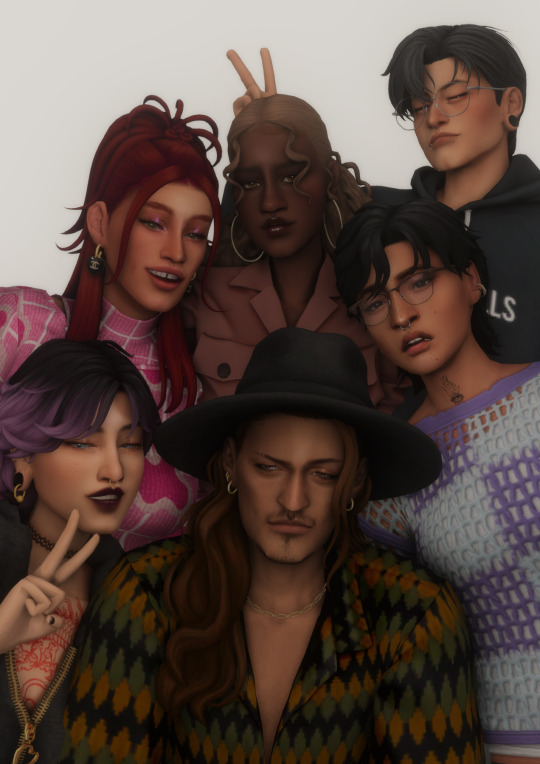
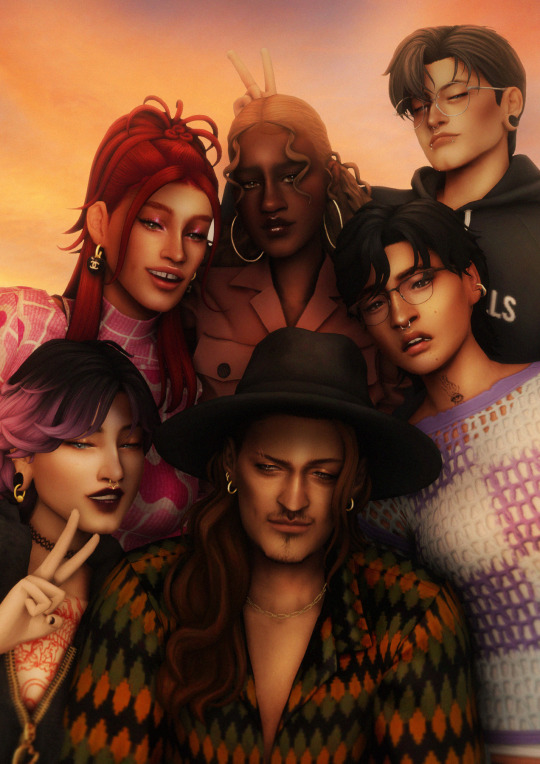
alright the before and after of this one bc i was a bit insecure but i think i did good actually
#had to liquify jace's face cause this man always looks like he's about to kill someone (same)#b/a#editing
26 notes
·
View notes
Text
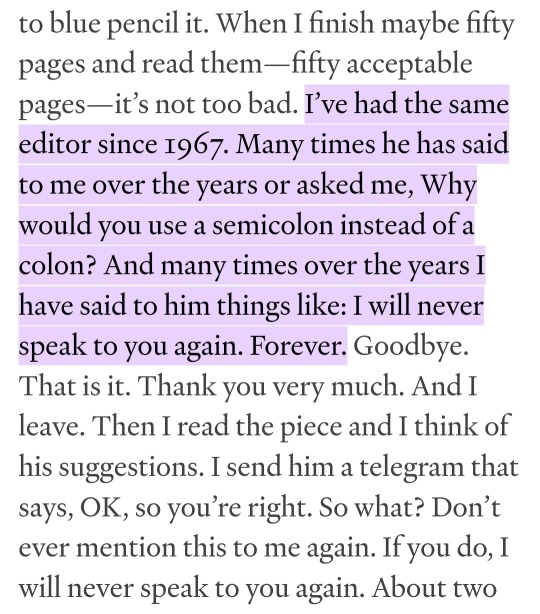
maya angelou saying the funniest thing anyone has ever said about editing, which i can never let myself forget EVER AGAIN [x]
#OK. YOU'RE RIGHT. SO WHAT? DON'T EVER MENTION THIS TO ME AGAIN. IF YOU DO I WILL NEVER SPEAK TO YOU AGAIN.#i used to think about this interview all the tiiiiime i can't believe i let myself lose track of it!!!!!!!#maya angelou#FAVE#editing#*r#god i've read this a thousand times and i still laugh every time it's so GOOD#'OK. YOU'RE RIGHT. SO WHAT. DON'T EVER MENTION THIS TO ME AGAIN'#notifications are off for this besties 💗#i will eventually turn reblogs back on but 20k notes overnight was a little too much pls slow down ✋️#also pls do not follow me unless you are desperately in love with me. i can't make silly little personal posts with so many of you here!!!!
43K notes
·
View notes
Text
How I broke myself in half.
20K notes
·
View notes
Text
The reason most people are bad at offering cogent criticisms of other people's work is because they're evaluating those works on the basis of The Thing They Would Make, not The Thing You Would Make. Indeed, a great many people don't understand that those are different things, interpreting The Thing You Would Make as a defective or incomplete version of The Thing They Would Make.
This gulf of understanding is not an impassable one. Learning to correctly identify the author's creative goals with respect to a particular work, and to formulate criticism in terms of how best to achieve those goals, is a skill which can be cultivated. In its proper place, it can be a hugely valuable skill – there's a reason many authors will tell you that a good editor is worth their weight in gold.
Unfortunately, developing this skill will not make you any less prone to being a hater. Learning how to correctly identify other people's creative goals simply means that you'll graduate from picking at specific choices to saying: "I understand this work's goals, and those goals fucking suck. I hate everything that this chooses to be."
7K notes
·
View notes
Text
If Staff ever implements the editing method from Mastodon, we'd be fucked.
Currently, on Tumblr, if you edit a post, all the former reblogs stay exactly the same.
On Mastodon, editing a post changes all the boosts and simply notifies the people who interacted with the post prior to the edit.
Now, can you imagine that on Tumblr?
Surely giving the OP the ability to edit their post after hundreds of thousands of people have reblogged it would be a perfectly balanced feature that I'm sure the Tumblr' userbase has never abused before.
5K notes
·
View notes
Text
Storyediting Questions to Ask
As You Read the First Draft:
Are there place that surprised you as you read your first draft?
- Why do you suppose that is?
- Is there material there you'd like to expand?
What are the character really doing in this story?
- Might they have issues you haven't explored fully yet?
Look to the places that drag.
- These might be scenes where you have avoided dealing with something deeper.
- What are the characters really thinking in these places?
- What are their passions, frustrations, and desires?
Imagine alternative plotlines.
- How might your plot be different if ti headed off on another tangent from various points in the story?
- You don't have to follow them, but they might suggest other streams that can flow into the main plot.
Think About Structure:
Does you story play out naturally in three acts?
Is there an immediate disturbance to the Lead's world?
Does the first doorway of no return occur before the one-fifth mark?
Are the stakes being raised sufficiently?
Does the second doorway of no return put the Lead on the path to the climax?
Does the rhythm of the sotyr match your intent? If this is an action novel, does the plot move relentlessly forward? If this is a character-driven novel, do the scenes delve deeply enough?
Are there strongly motivated characters?
Have coincidence been established?
Is something happeing immediately at the beginning? Did you establish a person in a setting with a problem, onfronted with change or threat?
Is the timeline logical?
Is the story too predictable in terms of sequence? Should it be rearranged?
About Your Lead Character:
Is the character memorable? Compelling? Enough to carry a reader all the way through the plot?
A lead character has to jump off the page. Does yours?
Does this character avoid cliches? Is he capable of surprising us?
What's unique about the character?
Is the character's objective strong enough?
How does the character grow over the course of the story?
How does the character demonstrate inner strength?
About Your Opposition:
Is your oppositing character interesting?
Is he fully realized, not just a cardboard cutout?
Is he justified (at least in his own mind) in his actions?
Is he believable?
Is he strong as or stronger than the Lead?
About Your Story's Adhesive Nature:
Is the conflcit between the Lead and opposition crucial for both?
Why can't they just walk away? What holds them together?
About Your Scene:
Are the big scenes big enough? Surprising enough? Can you make them more original, unanticipated, and draw them out for all they are worth?
Is there enough conflict in the scenes?
What is the least memorable scene? Cut it!
What else can be cut in order to move the story relentlessly forward?
Does the climactic scene come too fast (through a writer fatigue)? Can you make it more, write it for all it's worth?
Does we need a new minor subplot to build up a saggin midsection?
About Your Minor Characters:
What is their purpose in the plot?
Are they unique and colorful?
Polishing Questions:
Are you hooking the reader from the beginning?
Are suspenseful scenes drawn out for the ultimate tension?
Can any information be delayed? This creates tension in the reader, always a good thing.
Are there enough surprises?
Are character-reaction scenes deep and interesting?
Read chapter ending for read-on prompts
Are there places you can replace describing how a character feels with actions?
Do I use visual, sensory-laden words?
For a Dialogue Read-Through:
Dialogue is almost always strengthened by cutting words within the lines.
In dialogue, be fair to both sides. Don't give one character all the good lines.
Greate dialogue surprises the reader and creates tension. View it like a game, where the players are trying to outfox each other.
Can you get more conflict into dialogue, even emong allies?
If you like my blog, buy me a coffee☕ and find me on instagram! 📸
#writers and poets#writing#creative writing#poets and writers#writers on tumblr#creative writers#let's write#resources for writers#helping writers#writeblr#how to write#writerscommunity#writers#author#ao3 writer#writer community#female writers#writer#writer on tumblr#writer things#writer problems#writer stuff#writing inspiration#writing prompt#writing advice#writing community#on writing#writing tips#editing#question
1K notes
·
View notes
Text
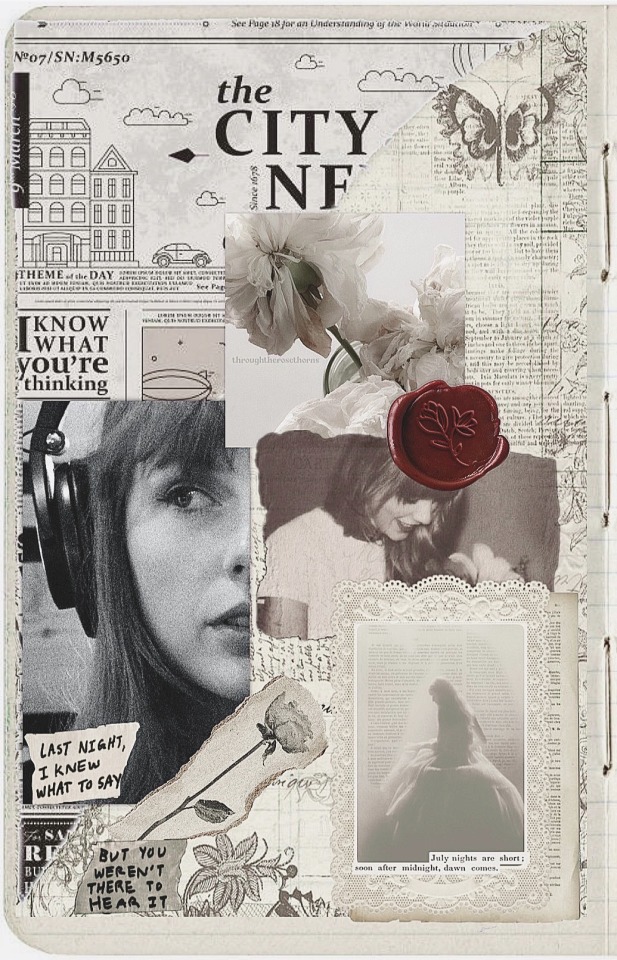
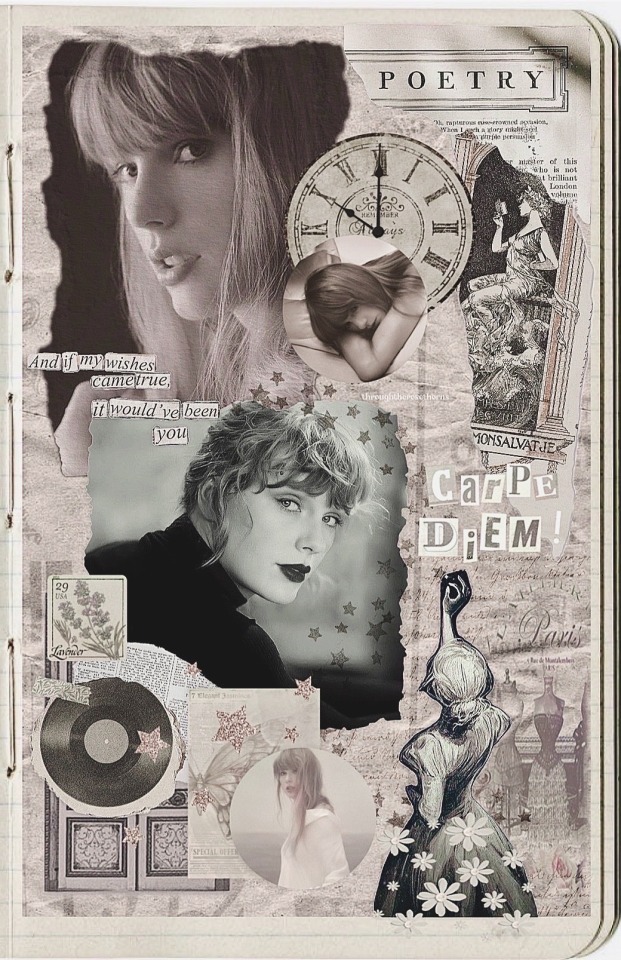
。⋆˚༘✧˚。⋆old habits die screaming⋆。˚✧˚༘⋆。
#reposting this because i hated how small it was side by side :(#so i am so very sorry if you saw this already !!#taylor swift#taylorswift#dailytayloredits#tsedit#tseditors#tswiftedit#tsediting#editing#pop music#ttpd era#the tortured poets department#ts ttpd#dailymusicedit#the eras tour#ts
2K notes
·
View notes
Text


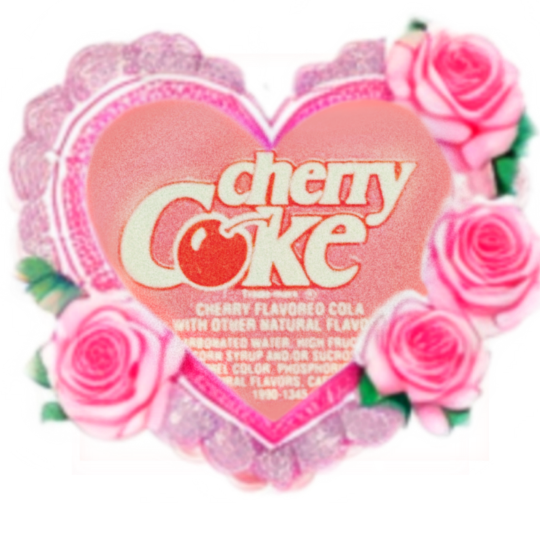

#coquette#dollette#lizzy grant#hyperfemininity#pink aesthetic#pinkcore#morute#pink blog#girlblogging#girlblog ♡#girl interrupted#lisa rowe#daisy randone#cutecore#pink stuff#pink edit#editing#editing overlay#overlay#cute edit#stickers#cherry coke#coca cola#baby pink#dr pepper#crystal pepsi
753 notes
·
View notes
Text

#ceramics#rabbits#miffy#aesthetic#cute#transparent#kawaii#pngs#editing#png#mine#transparent png#bnnuy#bunny#rabbit#lovecore#kiss kiss#nightmareseditingpngs
879 notes
·
View notes
Text






pixelated, crystalized and jagged image masks
these are pretty easy to make so free to ask for other shapes :D
you may reupload to pinterest however please credit back here!
#🌫️ i know what you dread | creations#carrd resources#rentry graphics#rentry template#rentry inspo#rentry resources#rentry#image masks#carrd material#carrd#carrd stuff#carrd inspo#web graphics#editing resources#edit#editing
2K notes
·
View notes
Text
What’s the best editing tip you have?
7K notes
·
View notes
Text
Collection of me turning into random objects
23K notes
·
View notes
Text
I totally understand the sentiment behind applying the "I want shorter games made by people who are paid more to work less" meme to tabletop RPGs, but speaking as an editor and project manager, convincing tabletop RPG authors to write less is often precisely the problem. Like, no, Steve, a special ability whose mechanical effect is "you get to reroll a die" doesn't need 275 words of flavour text. Put the worldbuilding bible down, Steve – don't make me get the garden hose.
#gaming#tabletop roleplaying#tabletop rpgs#game design#writing#editing#project management#memes#capitalism
5K notes
·
View notes